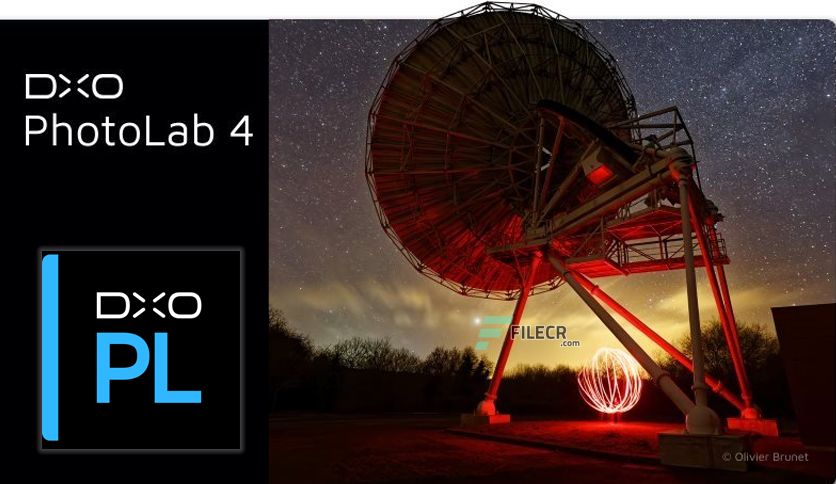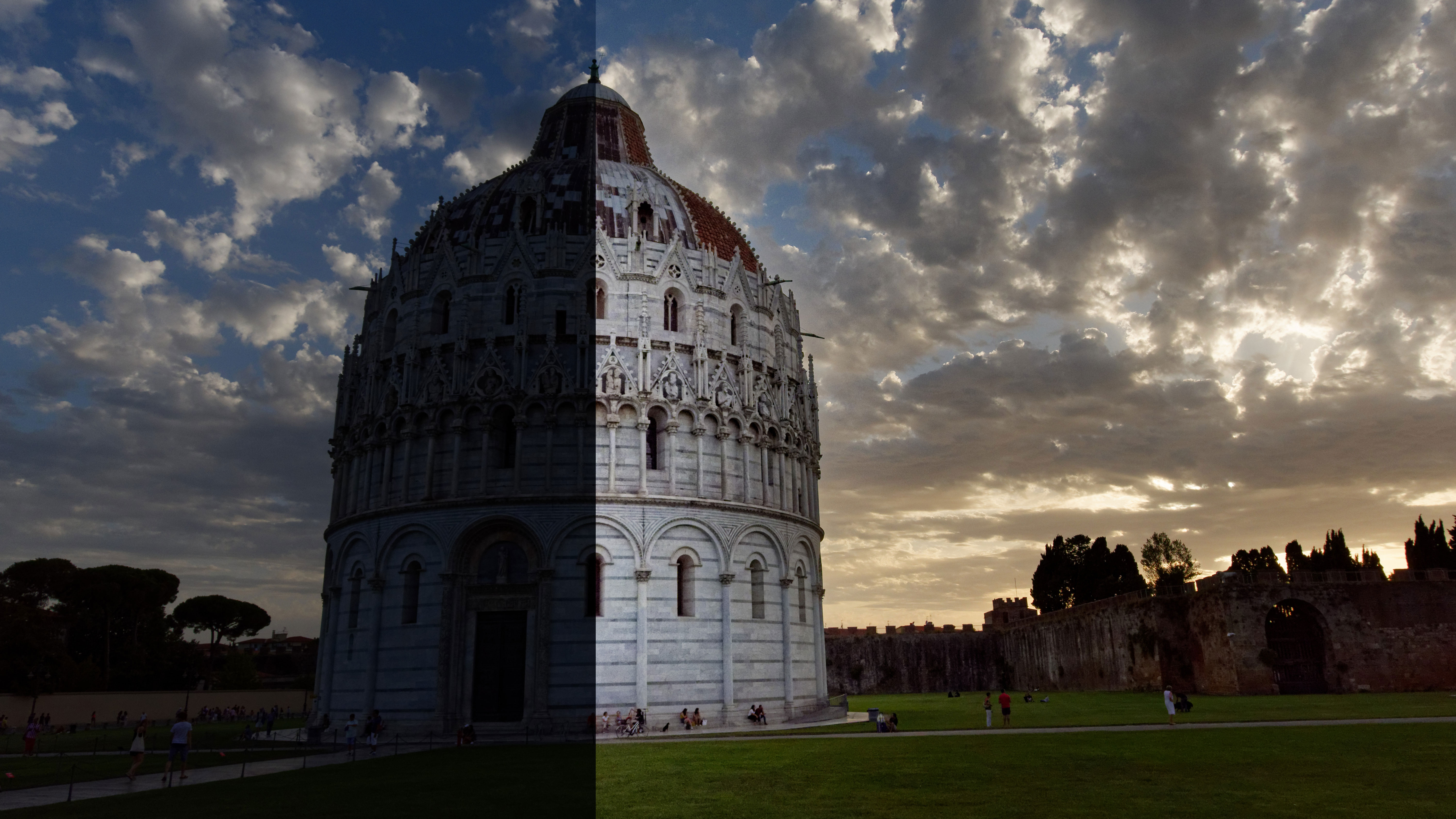

At left, I've clicked the "Color" button (marked in blue at the top) to filter to color-related tools, then started to type "saturation" in the search field, and after two letters my chosen tool was already located in two different palettes. PhotoLab 4's user interface now allows searching, filtering and customization. DxO has also introduced a selective copy-and-paste function which allows you to take just your chosen parts of the recipe you've applied to one image, and apply those to as many other images as you like with minimal fuss. Key among these is the new DeepPRIME denoising engine, an artificial intelligence-based evolution of DxO's already-impressive PRIME noise reduction from earlier versions. There's also upgrade pricing if you have a previous version of PhotoLab or OpticsPro.Ĭompared to the preceding major release, PhotoLab 4 has several significant new features and a raft of more minor ones. No support for multi-shot imaging or Fujifilm X-Trans imagesĭxO PhotoLab 4 is available immediately priced at US$129 for the Essential edition or US$199 for the Elite edition the extra cost gets you PRIME / DeepPRIME 'denoising', batch renaming, moiré removal and more.Good to great performance in most areas.Great automatic lens and image quality corrections.

Friendly and easy-to-learn user interface.Class-leading (but slow) DeepPRIME noise reduction filtering.Instead, in the interest of readability, I'll aim to hit the highlights while comparing improvements versus the previous release, and against its still-dominant Adobe rival as appropriate. Since it's a comprehensive digital darkroom application, I'm not going to aim to cover every feature of PhotoLab in this review. Now entirely focused on software development, DxO has nevertheless stayed the course with a perpetual licensing model for PhotoLab, eschewing the controversial subscription-based pricing that rivals like Adobe have used to increase revenues. It has also shuttered its nascent hardware business altogether, and spun off its DxOMark camera, lens and smartphone testing lab as a separate company in 2017. First launched in early 2004 under the name Optics Pro, DxO rebranded its Raw processor as PhotoLab back in 2017 to better reflect that its capabilities now go far beyond just lens corrections, and simultaneously absorbed the popular Nik Collection plugins from Google for integration into its own software.


 0 kommentar(er)
0 kommentar(er)
